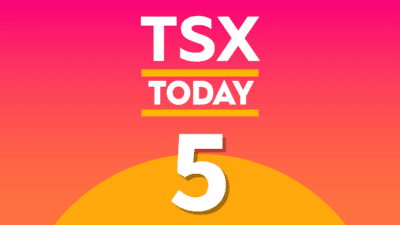Prospective homebuyers: it may take more money than you think to buy a home. Since your home is easily one of the largest investments of your life, you should research carefully before buying. Other than saving for the down payment, there are upfront costs, like property inspection and closing costs. Also, prepare for ongoing costs.
No matter what, you should choose a home that fits your style and financial situation. A study showed that real estate agents expect prospective homebuyers to buy a home after touring 15 to 20 homes. In other words, beware that your real estate agent may use different means to pressure you into buying after you have seen homes in that range.
Property inspection and appraisal costs
Prospective homebuyers should get the property they’re interested in buying properly inspected and appraised before making an offer. During hot housing markets, people skip the inspection process for convenience or to save some money. However, doing so can lead to big disappointment and massive money paid out of pocket when finding out major repairs are needed after moving in.
The property inspection cost is more or less dependent on the size and type of the property. Furthermore, if the property is of very old age, it could be costlier, as certain areas need to be inspected more carefully. The inspector will give you a report on the items that you might need to spend money on to fix.
Unless you plan to take down the old house to rebuild a new one, you should get a professional inspection done from a licensed inspector. Of course, if you’re really taking down the old house, you’ll need to consider the removal costs involved as well as the cost to rebuild a new home.
Repairs and renovations
If your buy a property that’s in acceptable inhabitable conditions, you may be able to save on repair and renovation costs for now. However, you would want to save up for future repairs and renovations.
Closing costs
Let’s not forget closing costs, which covers legal fees, land transfer taxes, and other costs. Closing costs are typically 1.5% to 4% of the purchase price. So, if you’re buying a $750,000 condominium, you’ll need to have about $11,250 to $30,000 of savings ready for the closing costs.
Ongoing costs
On top of the monthly mortgage payments, remember to include ongoing costs like property insurance, property taxes, utility bills, condo or strata fees. According to the Canada Mortgage and Housing Corporation (CMHC) homebuyers’ step-by-step guide, your monthly housing costs should not exceed 32% of your average before-tax monthly income.
Specifically, housing costs consists of monthly mortgage payments, property taxes, heating expenses, and, if applicable, 50% of condo fees, 50% of homeowners association fees, and 100% of the site rent for leasehold tenure.
Home furnishings and furniture
You may or may not need to get new furniture and furnishings for your new home. For example, buying a bed and mattress, tables, chairs, curtains, carpets, rugs, etc. These items can quickly add up to a big bill.
Monthly mortgage payment
Interest rates have been at historical low levels since the global financial crisis. Our central bank is raising the benchmark rate to fight rising inflation. At writing, a quick search on the ratehub.ca website indicates that the best five-year variable mortgage rate is 1.9% and the lowest five-year fixed-rate mortgage is 3.39%.
In any case, when homeowners renew their mortgages over the next year to five years, they can expect a higher rate. All homeowners need to prepare to pay higher monthly mortgage payments, as interest rates rise.
 Act Fast: 75 Only!
Act Fast: 75 Only!






